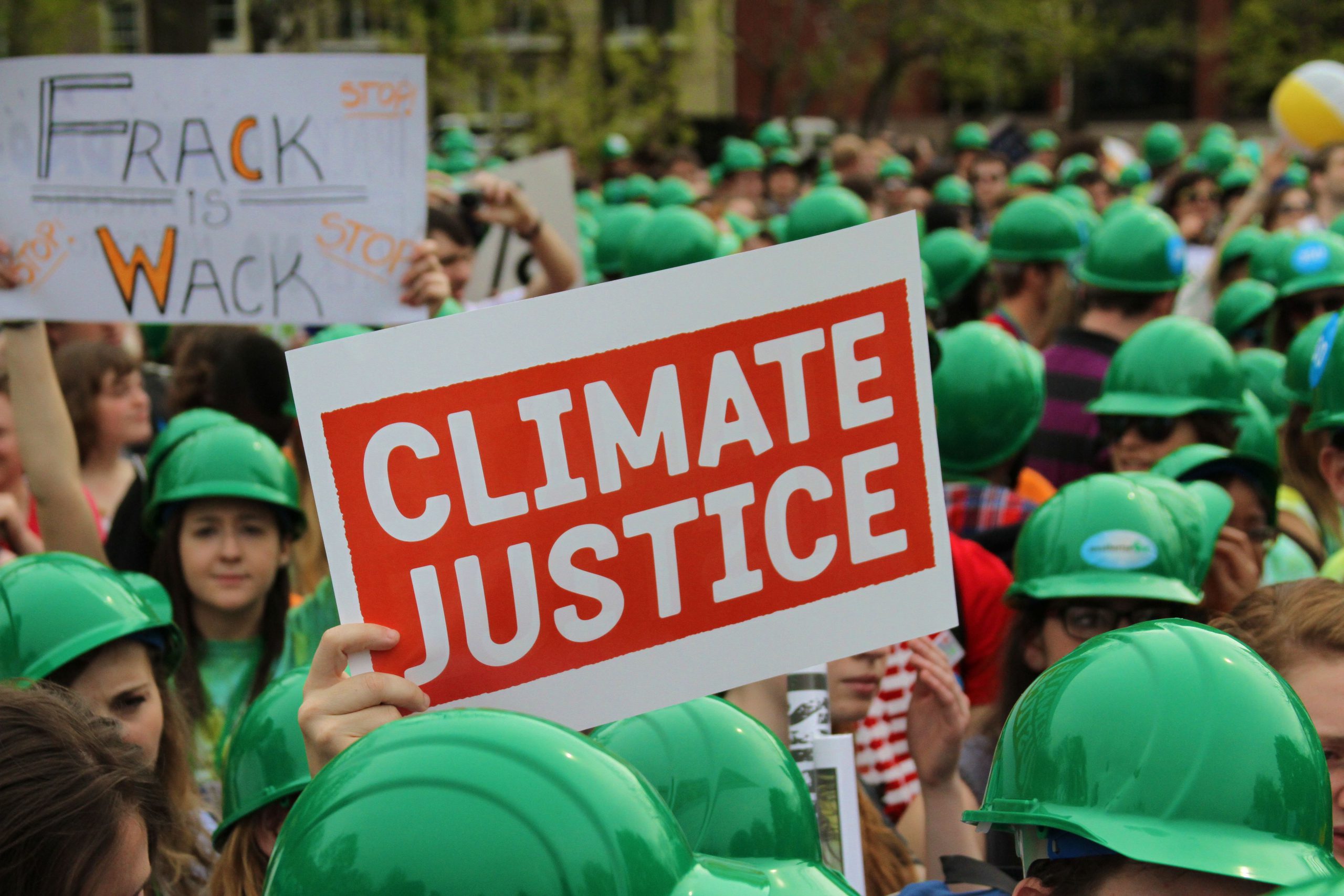In a video that recently went viral on Twitter, the senior Democratic senator from California, Dianne Feinstein, was seen meeting with a group of children from the Sunrise Movement, a youth political action organization that advocates for climate change reform. The group went to Feinstein’s office asking her to vote yes on the Green New Deal, a proposal put forth by Alexandria Ocasio-Cortez (D-N.Y.) that would overhaul current carbon emission standards and cut total greenhouse gas emissions in half by 2030.
At one point during the visit, one of the older children present pressed Feinstein, arguing that she was supposed to represent the interests of the people that put her into office. Feinstein’s response? To ask her how old she was. Though it turned out that the individual speaking was younger than the legal voting age, this small interaction poses a big question about the role of our elected officials: should they represent solely those who are of voting age?
The answer is a firm no. The preamble of the Constitution states that it was intended to “secure the blessings of liberty to ourselves, and our posterity.” Congress was intended to be a representative body that creates public policy not only to respond to the concerns of the majority, but also to ensure the long-term health of the nation, which includes the youth that do not play a major hand in elections.
Sixty House Democrats have endorsed the Green New Deal so far. While this is far from the majority needed to enact the bill, the support represents the growing sense of urgency, especially among newly elected millennial members of Congress, to address the problems afflicting future generations. Feinstein, however, does not support the bill; instead, she proposes her own Green New Deal, a less radical version of Ocasio-Cortez’s plan that she believes is more likely to be passed by moderates on the right. Feinstein’s purported main principle behind voting no is that the Green New Deal is too radical to get the majority support needed to pass either house; however, by actively not supporting the bill, she is not only ignoring the concerns of her younger constituents, but also working against her own stated interest: to mitigate the effects of climate change.
Cold Feet Means Warm Weather
Recently, the federal government released the 1,600-page second volume of the National Climate Assessment. Put together by 13 federal agencies, the report gives clear projections of how the climate will be radically changed by 2090 and how those changes will hurt our economy. If nothing is done, the cost of inaction will total up to $500 billion a year by 2090.
The year 2090 seems out of reach to many Americans, including most members of Congress. Barring the new slate of millennials in Congress – who are spearheading this Green New Deal – most representatives and senators will have passed away by the time these projections reach fruition: the average age of the 116th Congress is 58.6 years. However, to the 16-year-old girl in the video, the $500 billion burden will be within her lifetime; she will be facing costs that double the 2000 recession at the peak of her retirement.
The consistent refusal of public officials to address issues of future untenability cannot be attributed to ignorance alone. Elected officials, such as President Trump, understand that there is no meaningful measure in place to hold them accountable for the consequences of their actions once they leave office. They do, however, still have a moral responsibility to represent all of their constituents.
The U.S. Constitution established our government “to promote the general welfare,” not to promote only the welfare of the those that are of voting age. The role of government is to protect all people under its rule. That charge places an unshakable duty on our elected officials to address the issues that the Sunrise Movement speaks for: the interests of America’s youth.
The Future Is Now
While the report, and much of youth activism, focuses on climate change’s future effects, the issue also has real consequences in the present day. In 2017, the number of natural disaster events in the United States was at a record high. Just last year, California had its deadliest and costliest wildfire season to date, and a report published by the Proceedings of the National Academy of Sciences of the United States of America states that current climate conditions have made California viable for ‘megafires’ such as these every year. Though climate change will have a disproportionate impact on younger generations, its effects — like those of many issues that attract youth activists, such as gun control — are already being felt. If Feinstein truly has the best interests of her constituents, both young and old, at heart, she should take a sincere look at what is happening in her home state.
Organizations such as the Sunrise Movement must keep doing their good work. We need the impetus of young people to catalyze changes in our gerontocratic government. It has been demonstrated time and time again throughout history that the issues affecting youth have been overlooked and put at the bottom of legislative agendas. It is happening with gun violence in schools; it is happening with student loan debt, but we cannot let the same happen with our Earth. There are no do-overs. Thoughts and prayers will not revive the coral reefs. Thoughts and prayers will not save the Earth.
Image Credit: Flickr/Linh Do
